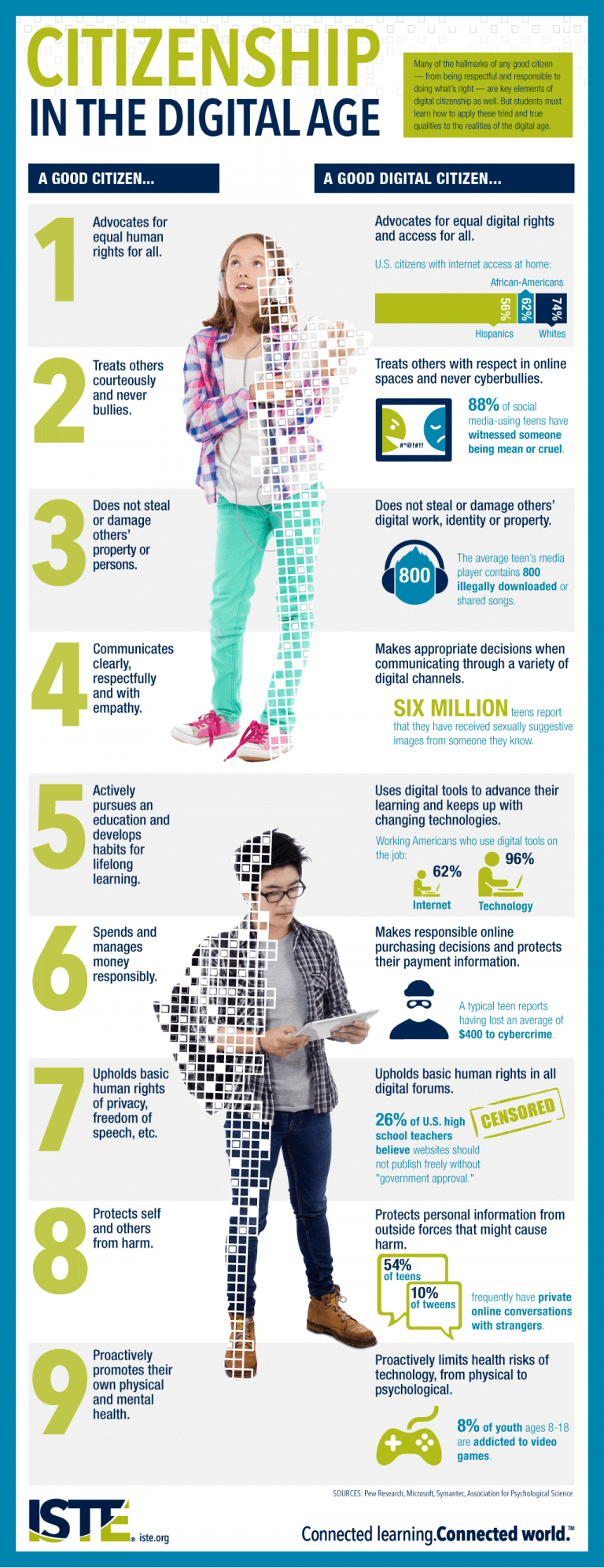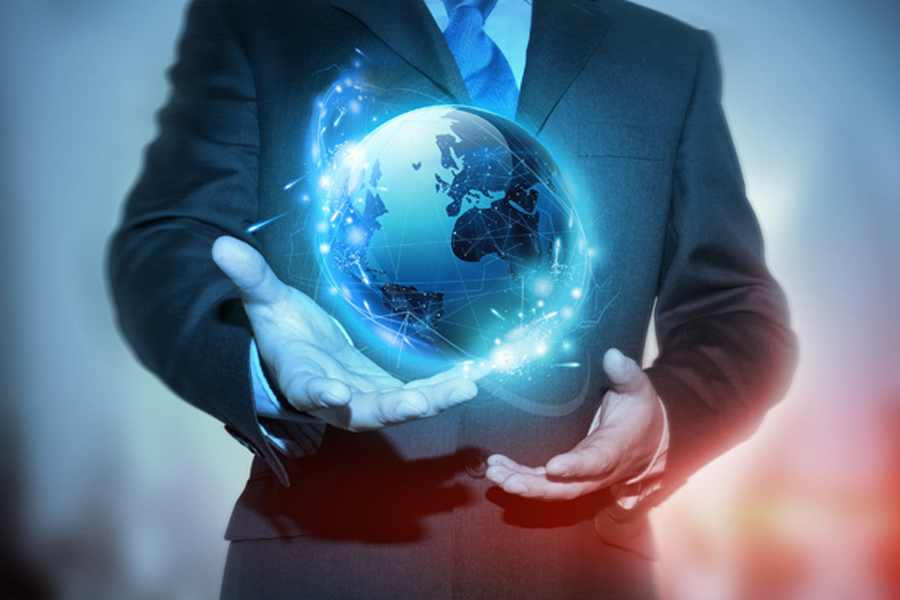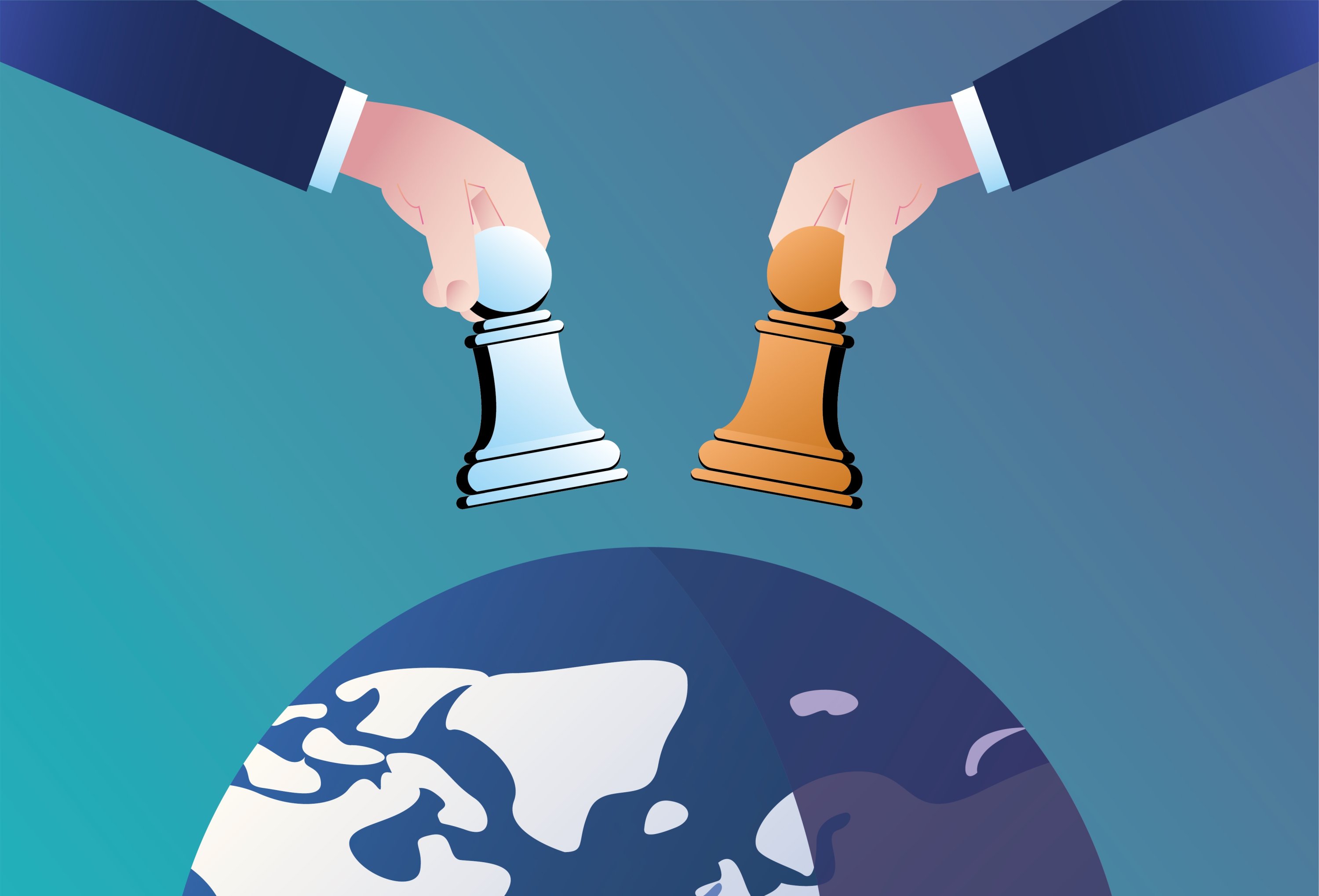Who Guidelines the World? Unpacking World Energy within the Digital Age
Associated Articles: Who Guidelines the World? Unpacking World Energy within the Digital Age
Introduction
With nice pleasure, we are going to discover the intriguing matter associated to Who Guidelines the World? Unpacking World Energy within the Digital Age. Let’s weave fascinating data and supply contemporary views to the readers.
Desk of Content material
Who Guidelines the World? Unpacking World Energy within the Digital Age
The query of "who guidelines the world" has captivated humanity for millennia. From emperors and kings to nation-states and multinational companies, the locus of energy has shifted dramatically all through historical past. Right now, in an more and more interconnected and digital world, the reply is way extra nuanced and complicated than ever earlier than. This text explores the assorted actors vying for world affect, inspecting their energy dynamics, limitations, and the implications for the way forward for worldwide relations. Whereas no single entity definitively "guidelines" the world, understanding the interaction of those forces is essential to comprehending the present world panorama.
The Enduring Energy of Nation-States:
Regardless of the rise of globalization and transnational actors, nation-states stay the first gamers on the world stage. Highly effective nations like the US, China, and Russia wield vital affect by way of their army would possibly, financial clout, and diplomatic leverage. Their actions, whether or not by way of army interventions, commerce agreements, or international coverage initiatives, form world occasions profoundly. The USA, with its huge army capabilities and financial dominance, continues to exert appreciable affect, although its relative energy is arguably declining within the face of a rising China. China’s financial progress and rising assertiveness within the worldwide enviornment current a big problem to the established world order. Russia, regardless of its financial limitations, retains a strong army and a strategic geopolitical place, permitting it to exert affect disproportionate to its financial measurement, notably in its close to overseas.
Nevertheless, the ability of nation-states will not be absolute. Their actions are constrained by varied elements, together with worldwide legislation, worldwide organizations, and the rising energy of non-state actors. Moreover, inner challenges equivalent to political instability, financial crises, and social unrest can considerably weaken a nation’s potential to mission energy globally. The rise of populism and nationalism in lots of nations additional complicates the worldwide panorama, making cooperation and consensus-building more and more tough.
The Rise of Transnational Companies:
Multinational companies (MNCs) symbolize one other vital pressure shaping the worldwide panorama. Corporations like Apple, Google, Amazon, and Microsoft wield immense financial energy, usually exceeding the GDP of many countries. Their world attain permits them to affect economies, politics, and even tradition. They management huge assets, make use of thousands and thousands of individuals worldwide, and form technological innovation and shopper traits. Their affect extends past their fast financial actions; they foyer governments, affect public opinion, and have interaction in philanthropic endeavors, successfully turning into actors on the worldwide stage.
Nevertheless, MNCs usually are not with out their limitations. Their energy depends on the soundness of the worldwide financial system and the willingness of governments to manage their actions. Considerations about company social accountability, tax avoidance, and monopolistic practices are more and more distinguished, resulting in better scrutiny and regulation. The rise of moral consumerism and requires better company accountability additionally problem their unchecked energy.
The Affect of Worldwide Organizations:
Worldwide organizations such because the United Nations (UN), the World Financial institution, and the Worldwide Financial Fund (IMF) play a vital function in shaping world governance. They supply platforms for worldwide cooperation, mediate disputes, and set up worldwide norms and requirements. The UN, particularly, acts as a discussion board for world diplomacy, peacekeeping operations, and humanitarian help. The World Financial institution and IMF play a big function in shaping world financial growth and monetary stability.
Nevertheless, the effectiveness of worldwide organizations is usually debated. Their energy is proscribed by the willingness of member states to cooperate and abide by their selections. The construction and decision-making processes of those organizations will also be criticized for favoring highly effective nations and neglecting the pursuits of smaller, much less influential nations. Moreover, their potential to handle advanced world challenges equivalent to local weather change, pandemics, and terrorism is usually hampered by political divisions and lack of assets.
The Energy of Non-State Actors:
Past nation-states, companies, and worldwide organizations, a wide selection of non-state actors exert vital affect on the worldwide stage. These embody non-governmental organizations (NGOs), terrorist teams, transnational prison networks, and highly effective people. NGOs, equivalent to Amnesty Worldwide and Greenpeace, play a important function in advocating for human rights, environmental safety, and different world causes. Their potential to mobilize public opinion and exert stress on governments and companies offers them vital affect. Nevertheless, their effectiveness varies relying on their assets, credibility, and the political context through which they function.
Terrorist teams, then again, use violence and intimidation to attain their political aims. Their actions can destabilize areas, disrupt world commerce, and affect authorities insurance policies. Transnational prison networks have interaction in illicit actions equivalent to drug trafficking, arms smuggling, and human trafficking, undermining the rule of legislation and producing vital financial and social prices. Highly effective people, whether or not by way of their wealth, affect, or technological experience, also can exert appreciable affect on world occasions.
The Digital Revolution and its Affect:
The digital revolution has profoundly reshaped the worldwide energy panorama. The web and social media have change into highly effective instruments for communication, mobilization, and political activism. They facilitate the unfold of knowledge, join people throughout borders, and empower residents to problem authority. Nevertheless, in addition they current new challenges, together with the unfold of misinformation, cyber warfare, and the erosion of privateness. The ability of tech giants to manage data flows and affect public opinion raises issues about censorship and manipulation.
Conclusion: A Multipolar World with No Single Ruler:
The query of "who guidelines the world" has no easy reply. The worldwide energy panorama is more and more multipolar, with a fancy interaction of nation-states, companies, worldwide organizations, and non-state actors vying for affect. No single entity holds absolute energy, and the distribution of energy is continually shifting. Understanding this dynamic interaction is essential for navigating the challenges and alternatives of the twenty first century. The way forward for world governance will doubtless contain better collaboration and cooperation amongst various actors, in addition to ongoing struggles for energy and affect. The flexibility to adapt to this evolving panorama and have interaction constructively with its complexities shall be important for shaping a extra simply and sustainable future. The continuing wrestle for affect and the shifting balances of energy will proceed to outline the worldwide order, making the query of "who guidelines the world" an ongoing and evolving debate.








Closure
Thus, we hope this text has supplied invaluable insights into Who Guidelines the World? Unpacking World Energy within the Digital Age. We hope you discover this text informative and useful. See you in our subsequent article!